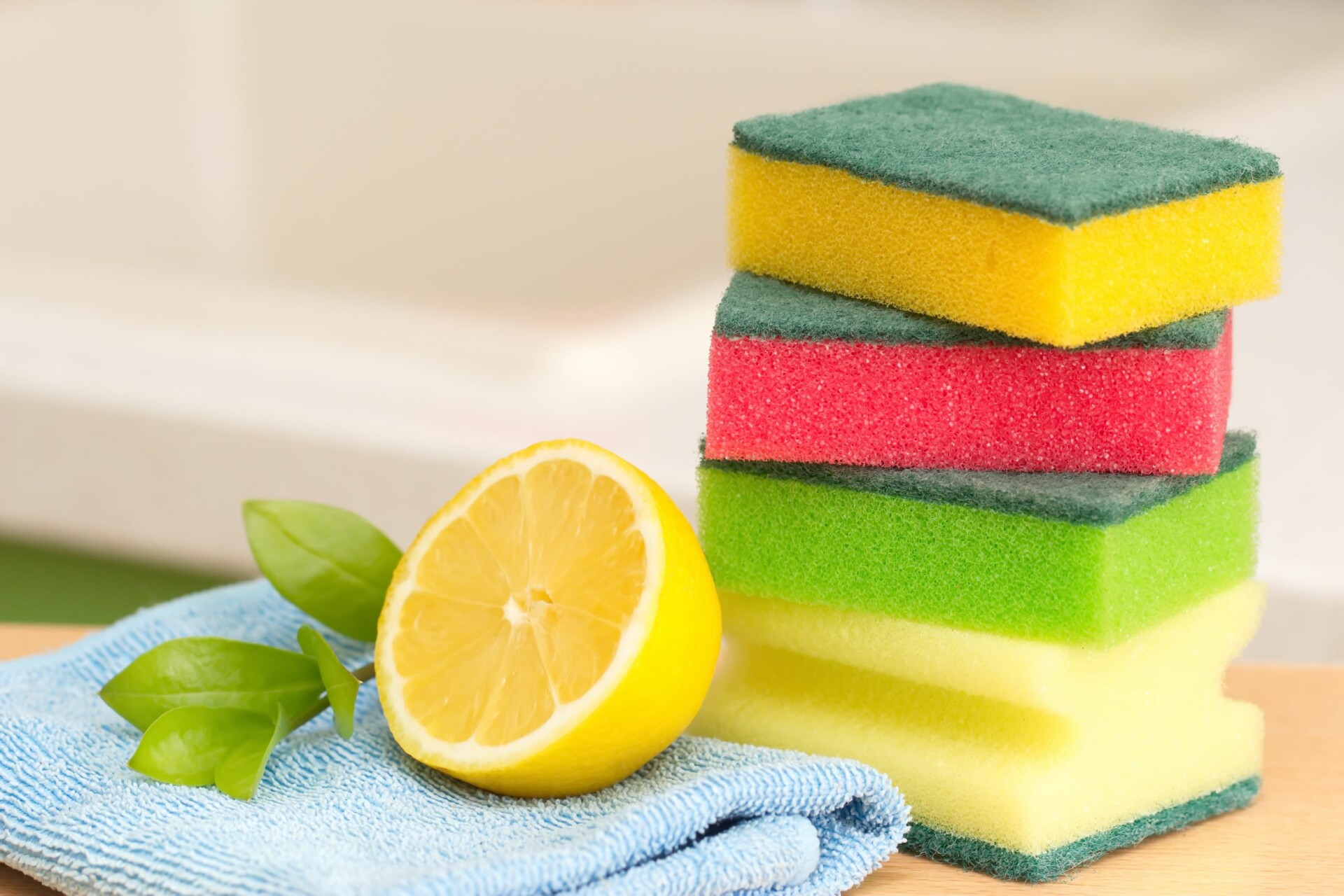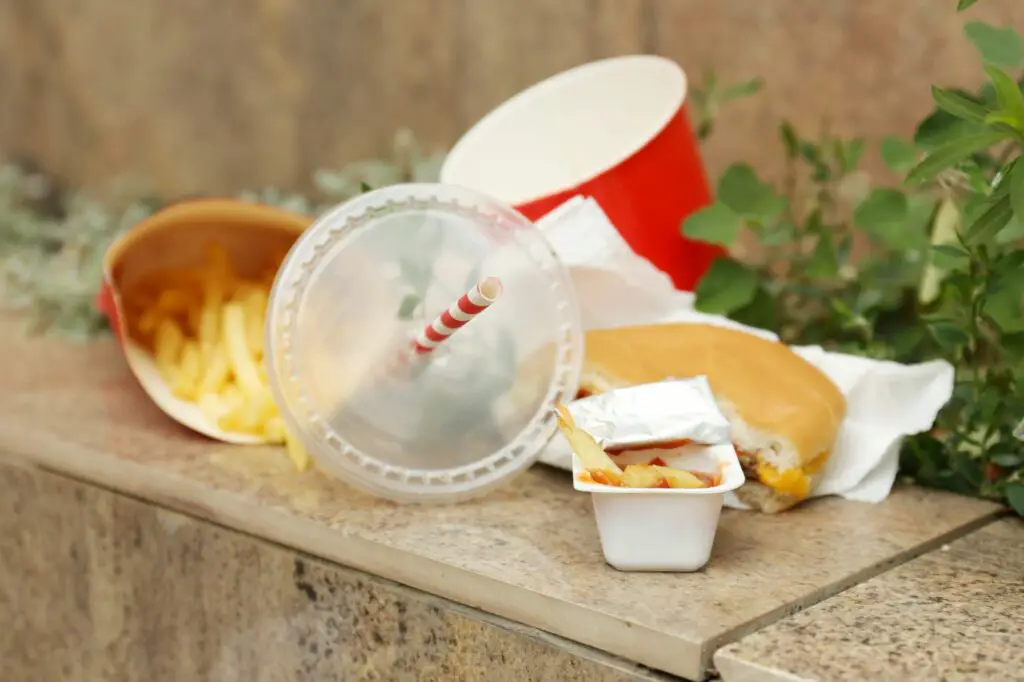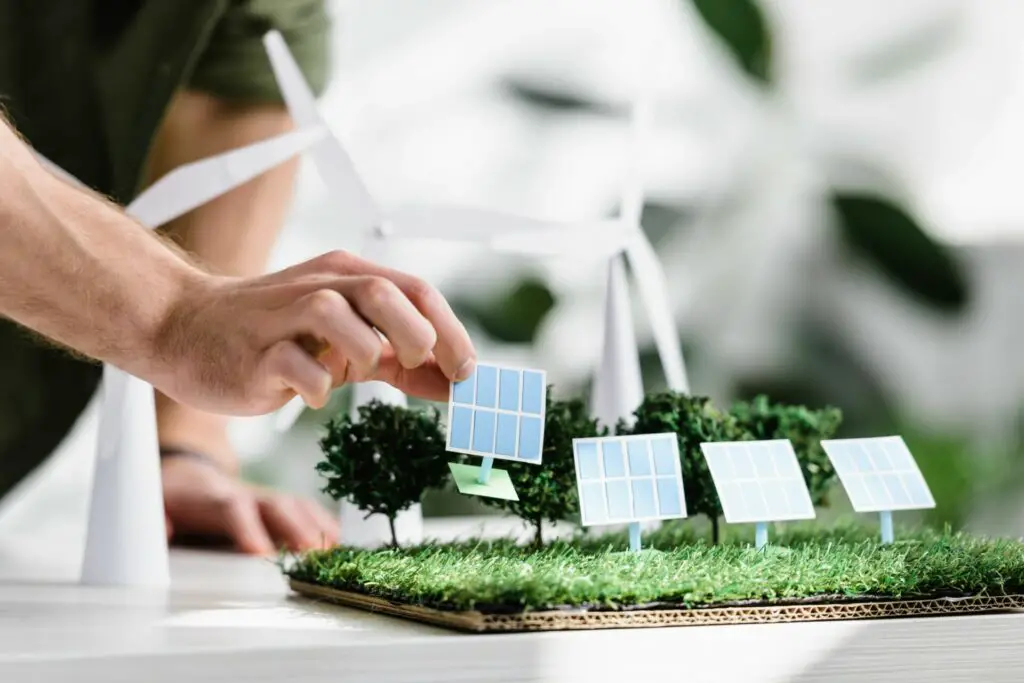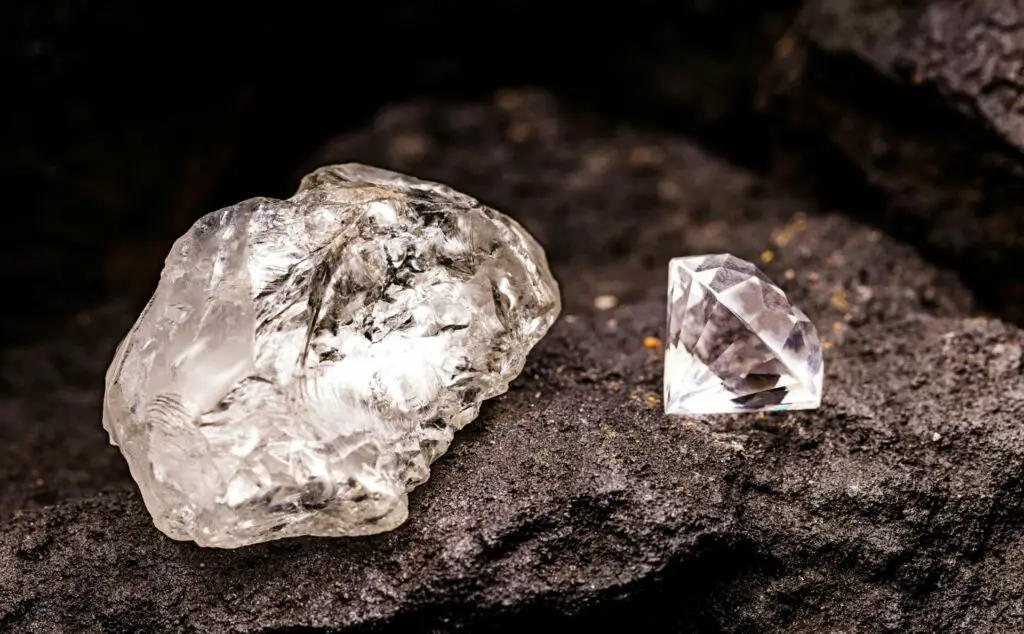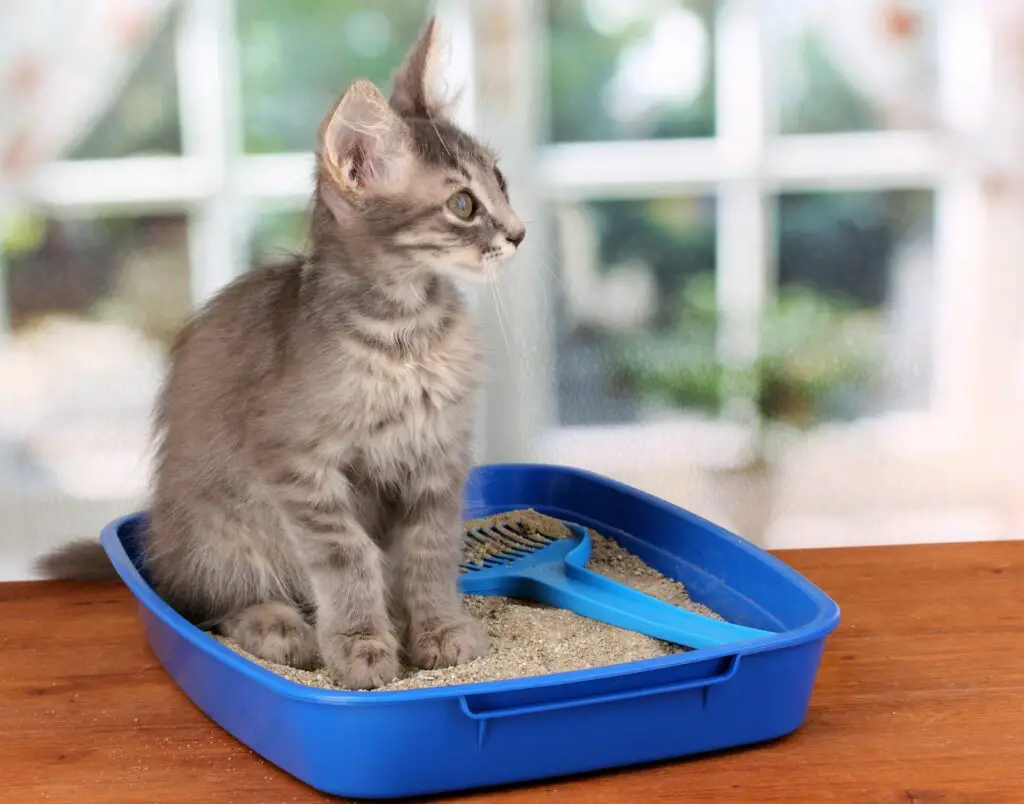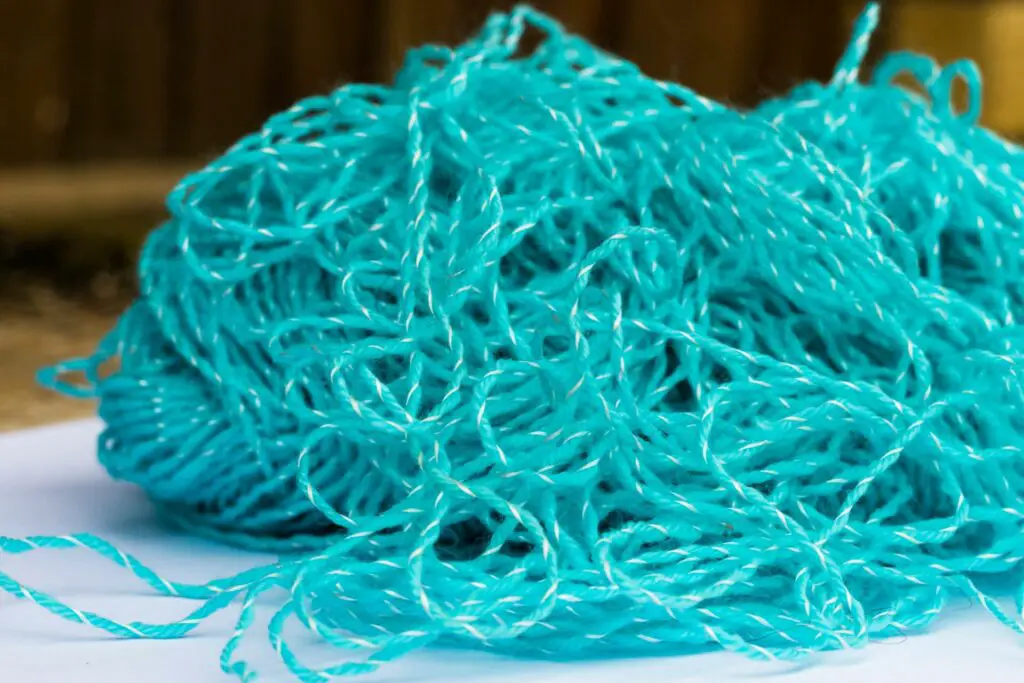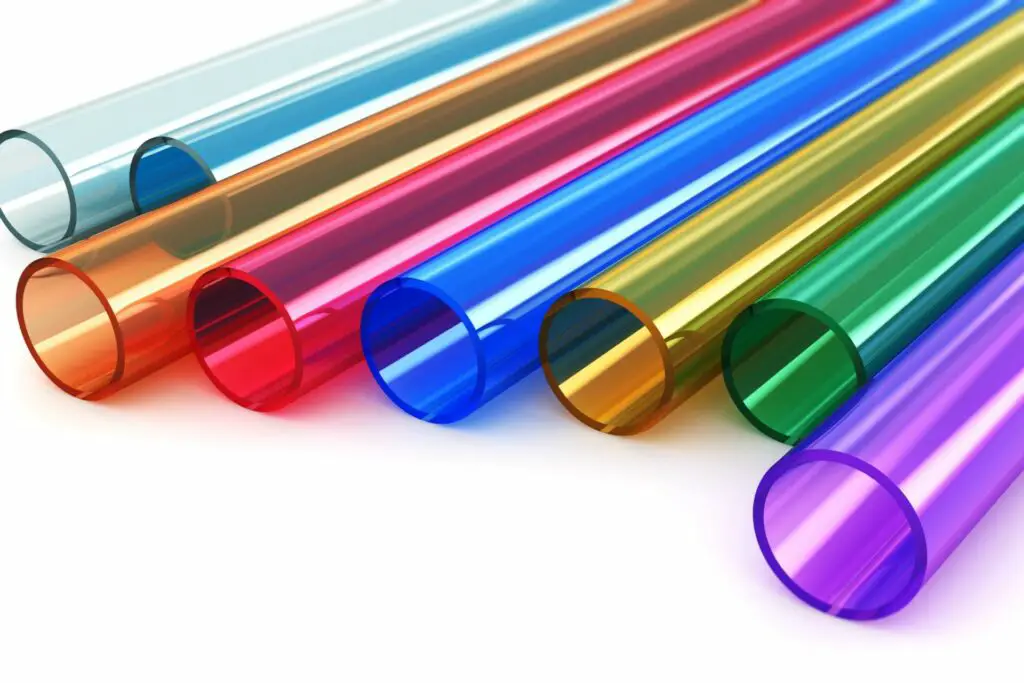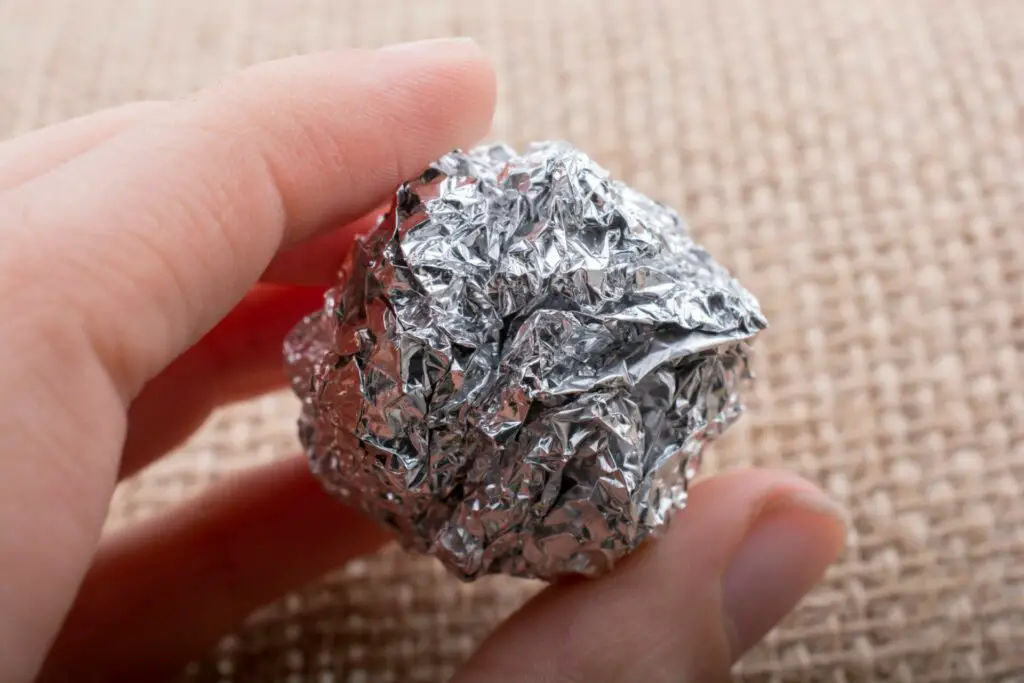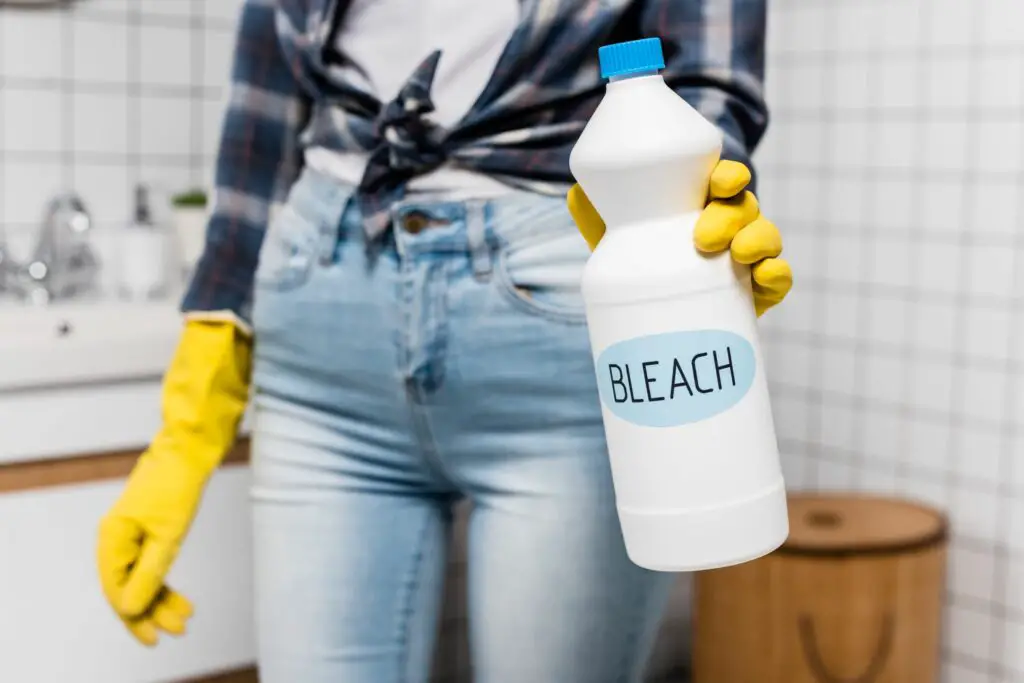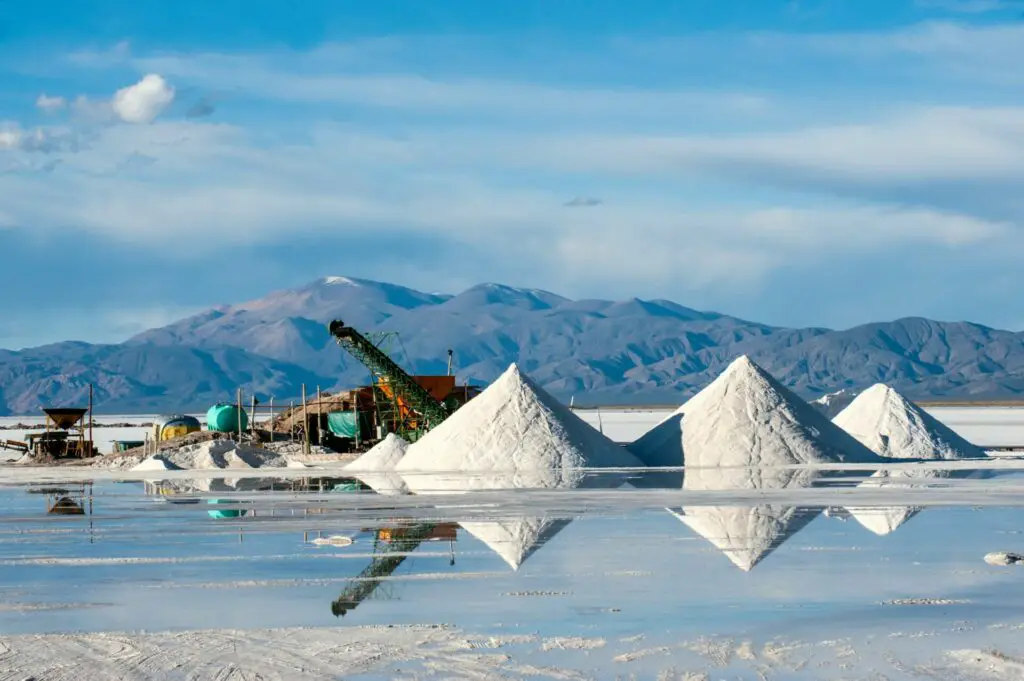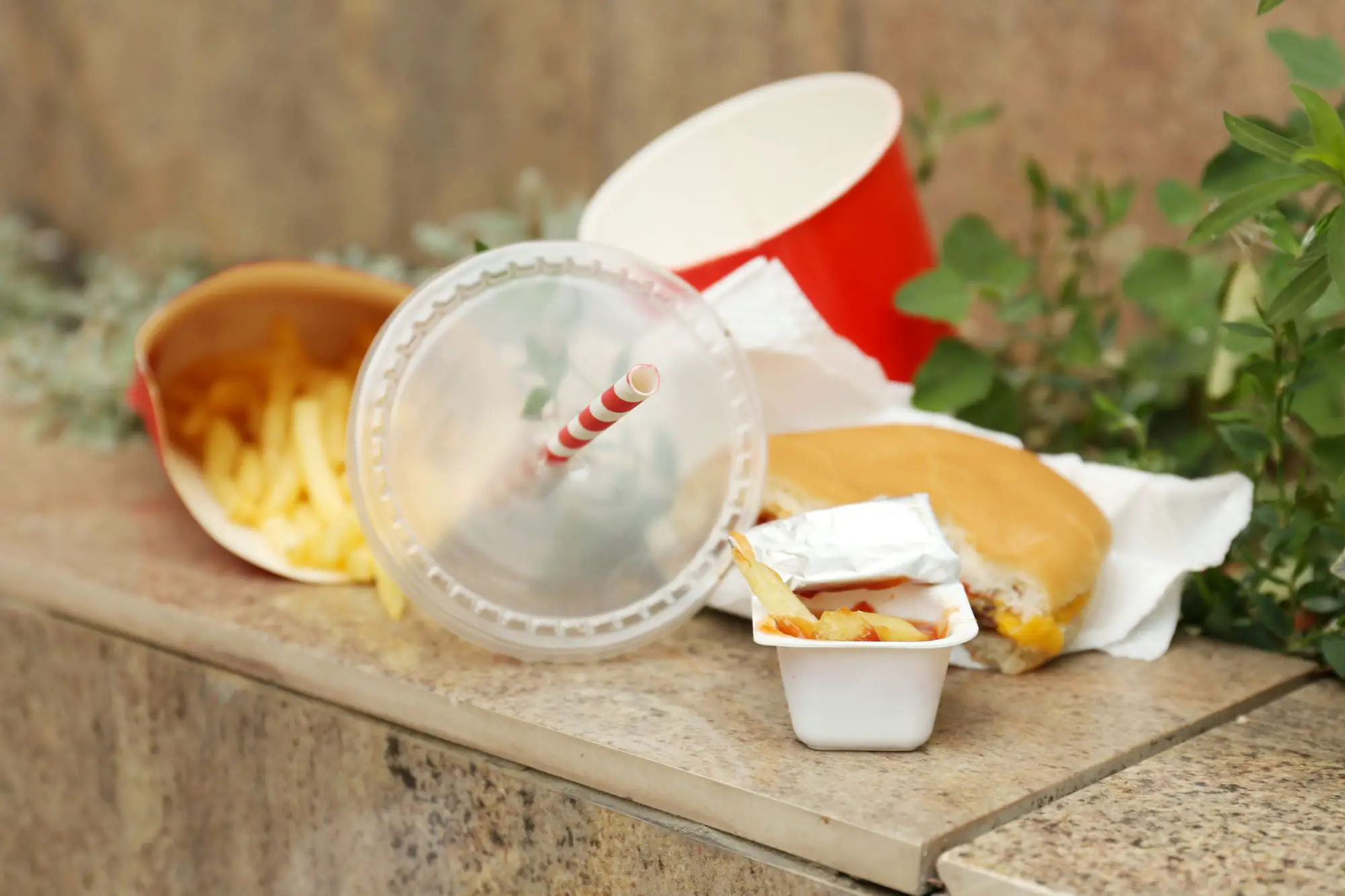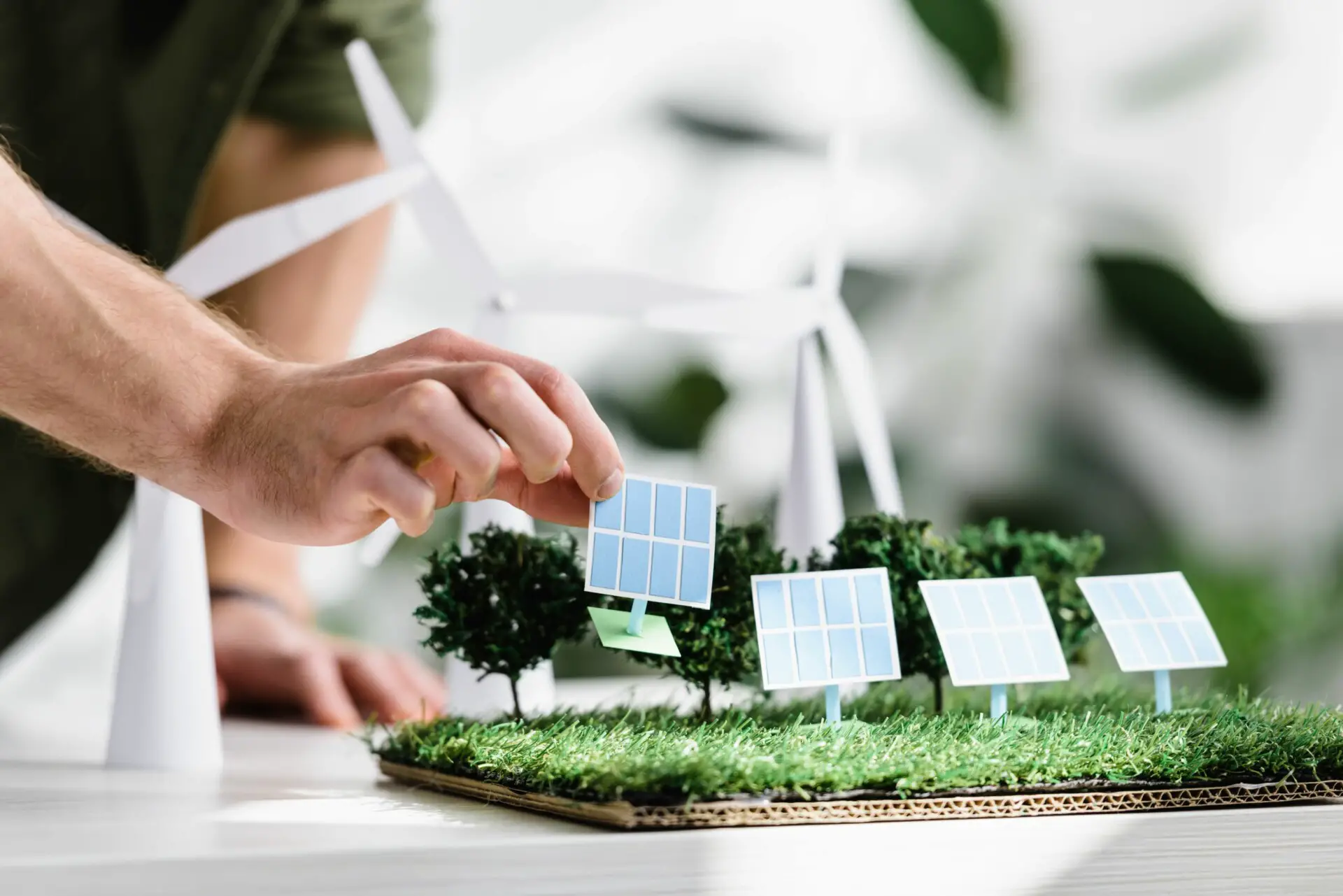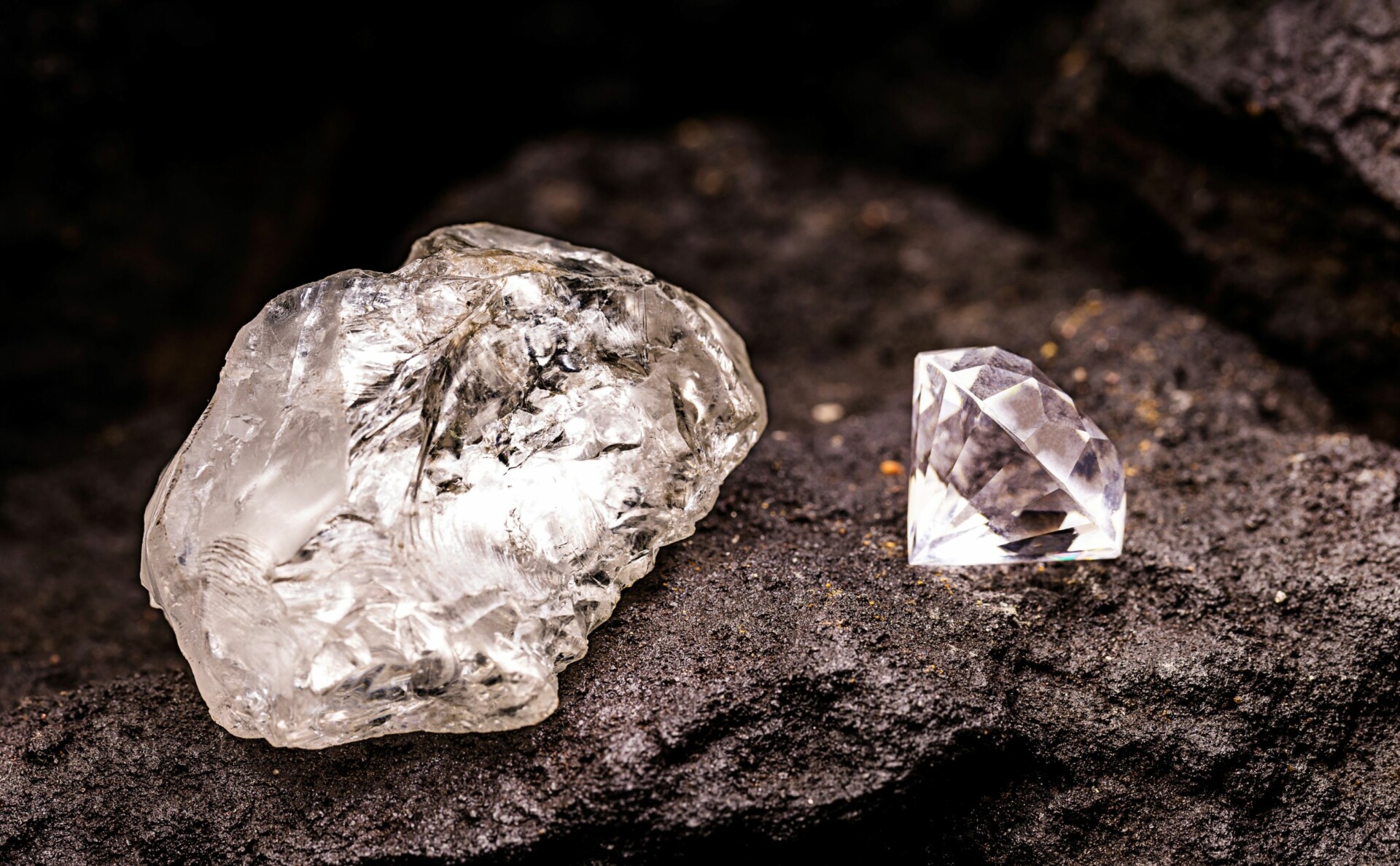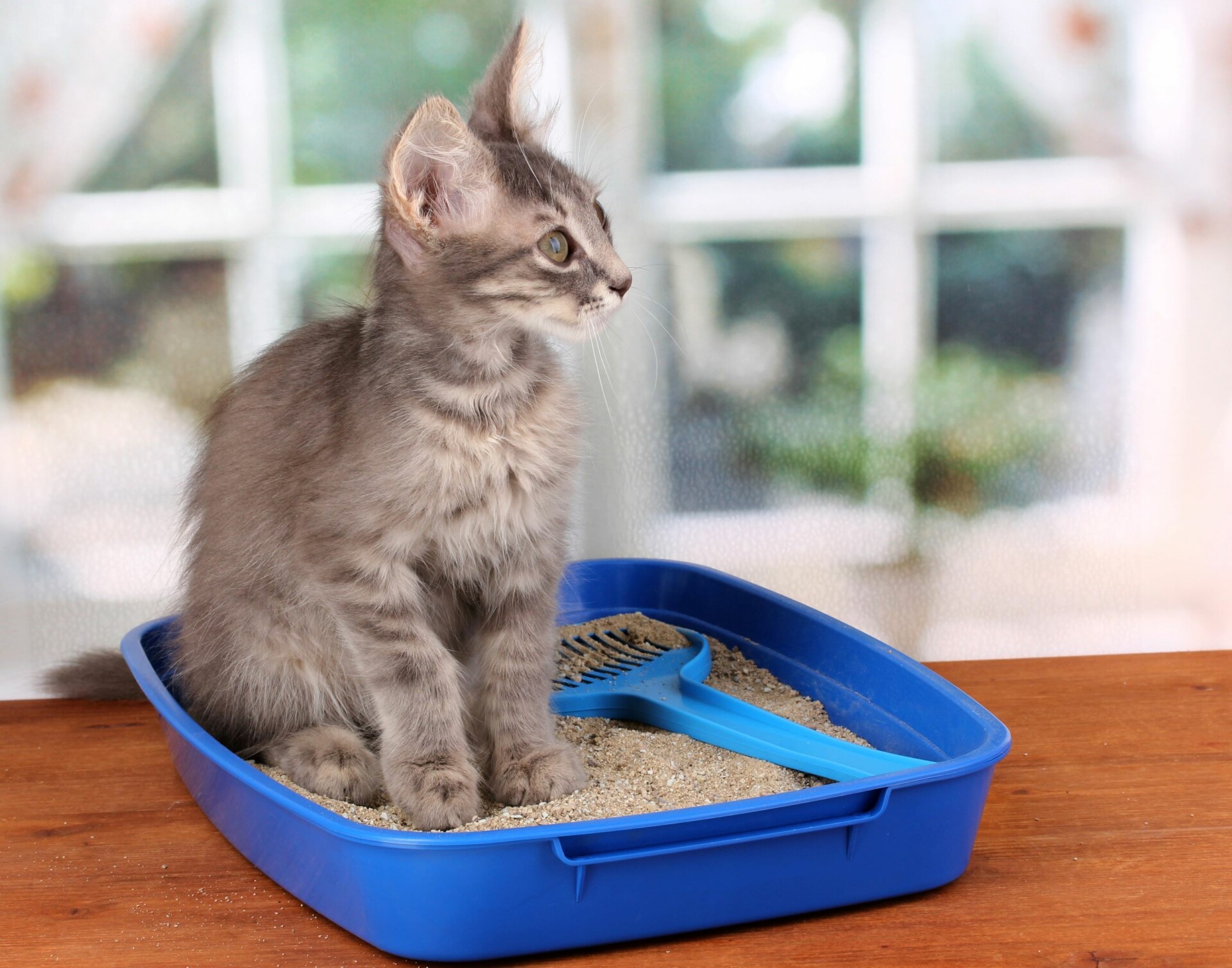You might find yourself going through kitchen sponges quite quickly and wondering about their impact on the environment.
Kitchen sponges are bad for the environment because they’re made from non-renewable materials and have a short lifespan, meaning there will always be a demand to manufacture new sponges.
Here’s everything you need to know about the environmental impact of kitchen sponges.
1. What Are Kitchen Sponges Made Of?
Kitchen sponges are generally not made from sea sponges these days, although they’re still an option.
Most kitchen sponges are usually made from plastic.
The top layer, which is usually dark and coarse, is usually made from polyethylene.
Then the thicker, softer layer of the sponge is made of polyurethane.
2. How Do Kitchen Sponges Affect the Environment?
One of the biggest ways kitchen sponges affect the environment is by generating waste.
Although they’re not single-use items, they have a very short lifespan.
You could see yourself replacing them every two weeks as they often begin to fall apart after a few uses.
It’s also advised to replace sponges within this time frame, even if they are not damaged, as they can begin to collect bacteria.
So, there is always a demand to replace kitchen sponges which requires energy and resources.
This is worrying, given that kitchen sponges are made from non-renewable materials.
What’s more, how these materials are sourced is unsustainable.
Since plastic is sourced via mining, it produces pollution.
Plus, building the mine site can disrupt the ecosystem, lead to deforestation, and cause soil erosion.
Around 4.5% of greenhouse gas emissions globally are due to plastic production.
Countless kitchen sponges end up accumulating in landfills as they are unrecyclable and not biodegradable.
Landfills take up a lot of space which often means natural habitats are cleared to make room for them.
This disrupts the ecosystem as wildlife is left without a habitat.
Landfills also emit methane – a potent greenhouse gas – and can leak leachate into water supplies, furthering pollution.
An argument could be made that washing the dishes in a sink with a sponge is more sustainable than using a dishwasher.
In 2020, almost 80% of the world’s energy came from fossil fuels, so at a glance, you would assume using an appliance powered by electricity would automatically be the least sustainable option.
If you wash your dishes using a sponge in cold water, the carbon footprint is essentially zero – but the dishes will not be clean as heat kills bacteria.
On the other hand, if you’re using warm water, but sparingly so, washing the dishes will produce even less CO2-equivalent emissions than most dishwashers.
However, going overboard with water usage dramatically increases the CO2 footprint, much more so than any dishwasher would cause.
If you use a dishwasher, you will still regularly need to purchase detergent or dishwasher tablets which can leak harmful substances into the environment – not unlike many standard dish soap products.
3. Do Kitchen Sponges Cause Pollution?
Kitchen sponges can cause pollution.
While you might discard your old sponges in the bin, this doesn’t mean they haven’t already caused some levels of pollution.
You might have noticed that your sponges might start to fall apart after a few uses, especially lower-quality ones.
If you do not have a drain cover for your sinks, these particles can enter sewage systems.
Plastic is seen as microplastic when it is smaller than five millimeters (0.19 inches), but some microplastics are so small they are not visible to the human eye and can evade a sink drain cover.
While the water from your kitchen sink and other drains in your home goes through wastewater treatment plants, it does not mean plastic pollution is totally eliminated, especially if the sponge has shed microplastics.
While these treatment centers can remove more than 90% of microplastics from the water, this doesn’t mean they still do not find a way into the environment via sludge and effluent discharge.
As microplastic pollution is becoming more prominent, so too is our exposure to it, as they have been found in the food we eat and the air we breathe.
There are concerns that microplastics could be detrimental to human and animal health.
They can also play a role in climate change by altering the ocean ecosystem.
This is because they can inhibit the role algae and phytoplankton play in sequestering C02.
4. Are Kitchen Sponges Biodegradable?
Most standard kitchen sponges are not biodegradable.
This is because plastic is not biodegradable.
Sea sponges are biodegradable, as are fully plant-based kitchen sponges, such as those made from wood fiber, coconut husk, or bamboo.
5. Are Kitchen Sponges Recyclable?
Generally, kitchen sponges are not recyclable.
Although polyethylene and polyurethane are recyclable, they are not recyclable in this form.
First, because sponges are contaminated with food residue and washing-up liquid, they could contaminate the rest of your recycle bin.
Even if they appear clean, there could be small food particles trapped in the crevices of the sponge.
Second, recycling facilities would not have the equipment or means to process these plastics when they’re in light, airy products such as sponges.
As a result, in most cases, they either end up in landfills or incinerators.
6. Are There Eco-Friendly Kitchen Sponges?
Sea Sponge
Sea sponges are more sustainable because they are renewable and biodegradable.
With that said, they are not an option for vegans or vegetarians, as sea sponges are considered an animal.
Plus, plastic sponges have become more prominent as they tend to be cheaper and more accessible.
Cellulose Sponge
Cellulose sponges are made from wood fibers, although you might come across plant-based sponges made from cotton too.
So, if these sponges contain no additional materials or the other materials are plant-based or biodegradable, then they should be biodegradable.
They are also renewable and are suitable for vegans or those who prefer cruelty-free products.
Coconut Husk Scourer
If you find other eco-friendly sponges too soft, then a coconut husk scourer might be a better option.
You may be able to find cellulose sponges with a hard top layer made from coconut husks.
These are also renewable and biodegradable, provided all the materials used are biodegradable too.
For even more advice on eco-friendly kitchen sponges, check out our article here.
You Might Also Like…
- Is Fast Food Bad for the Environment? (& What You Can Do)
- Is Fabric Softener Bad for the Environment? (+5 Eco-Friendly Options)
- Is Fuel Dumping Bad for the Environment? (& How Often It Happens)
- Is Electricity Generation Bad for the Environment? (What You Should Know)
- Is Dry Cleaning Bad for the Environment? (4 Surprising Facts)
- Is Diamond Mining Bad for the Environment? (Important Facts)
- Is DEET Bad for the Environment? 4 Effects (You Should Know)
- Is Cat Litter Bad for the Environment? (5 Common Questions)
- Is Burning Cardboard Bad for the Environment? (6 Facts)
- Is Burning Paper Bad for the Environment? (6 Surprising Facts)
- Is Burning Leaves Bad for the Environment? (7 Quick Facts)
- 4 Natural Cleaners for Quartz Countertops
- 6 Eco-Friendly Acrylic Paint Brands (For Sustainable Artists)
- 5 Eco-friendly Alternatives to Acrylic Paint (& How to Make Them)
- Is Acrylic Paint Bad for the Environment? (7 Quick Facts)
- Is Acrylic Yarn Bad for the Environment? 8 Crucial Facts
- Is Acrylic Bad for the Environment? (8 Quick Facts)
- Is Aluminum Foil Bad for the Environment? 7 Quick Facts
- Is Bleach Bad for the Environment? 6 Crucial Facts
- Is Lithium Mining Bad for the Environment? 6 Crucial Facts

